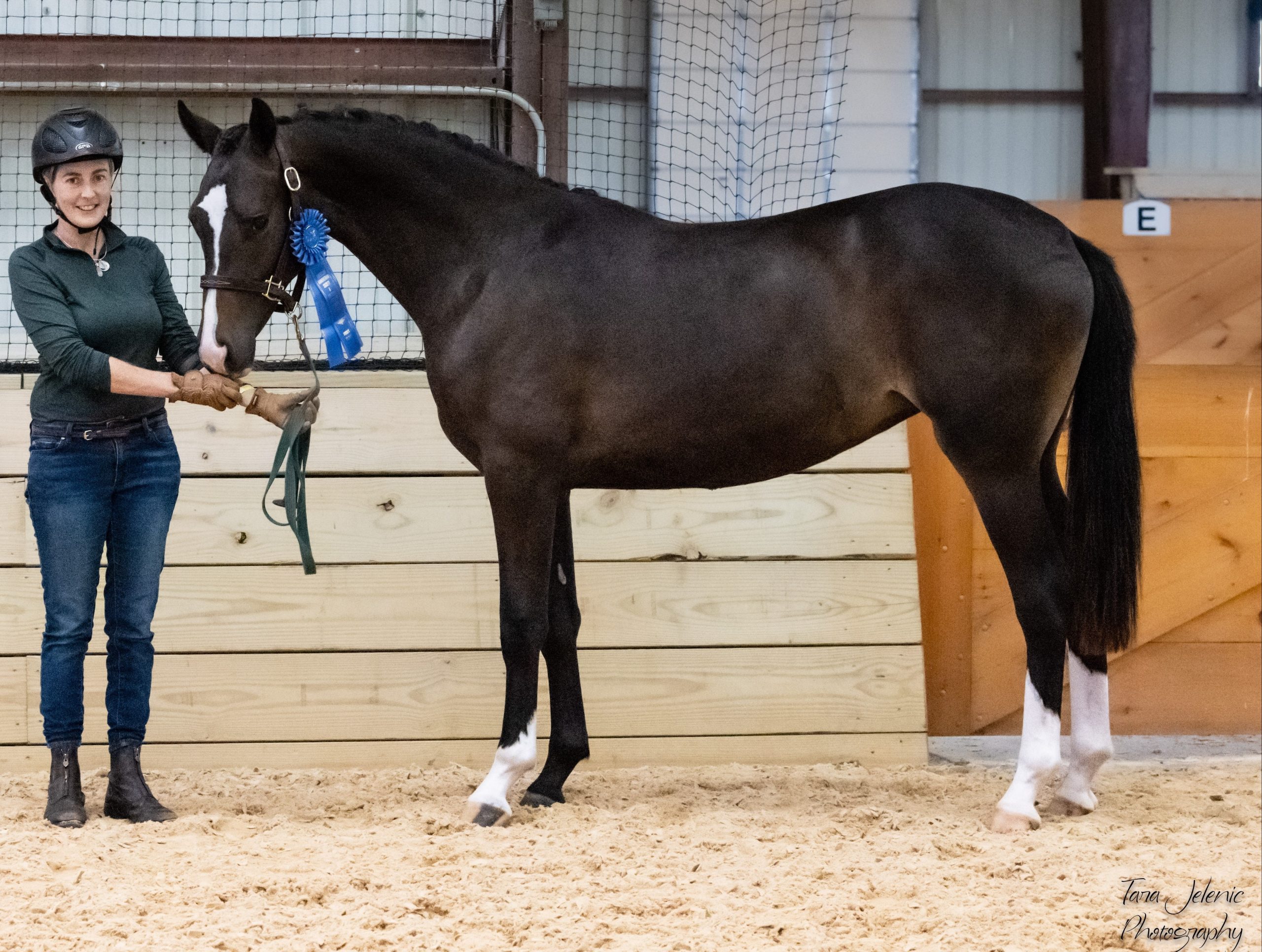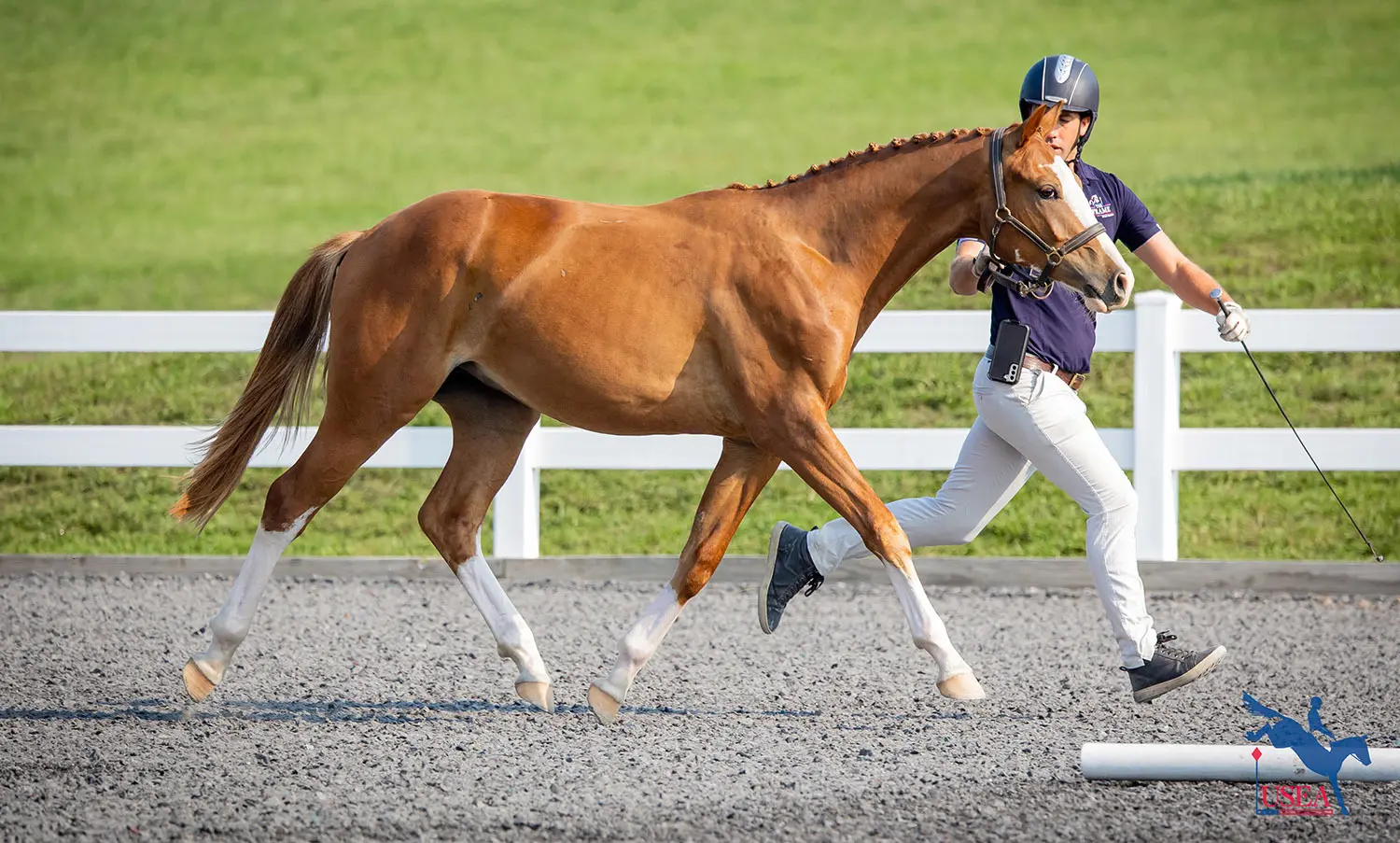Future of Horse Instruction: Emerging Trends

Horse instruction is evolving rapidly, influenced by technological advancements, changing rider demographics, and new training philosophies. This article explores the key trends shaping the future of horse instruction, providing insights for instructors, riders, and equestrian enthusiasts.
1. Integration of Technology

Wearable Tech and Sensors

Modern horse instruction increasingly incorporates wearable technology such as heart rate monitors, GPS trackers, and motion sensors. These devices provide real-time data on a horse’s health, performance, and biomechanics, allowing instructors to tailor training programs more precisely.
Virtual and Augmented Reality

Virtual reality (VR) and augmented reality (AR) are emerging tools for rider training. VR can simulate riding scenarios for beginners or advanced riders, while AR can overlay instructional cues during live training sessions, enhancing learning experiences.
2. Personalized Training Programs
With data from technology and a deeper understanding of equine behavior, instructors are moving towards highly personalized training plans. These programs consider the individual horse’s physical condition, temperament, and the rider’s skill level, promoting better outcomes and welfare.
3. Emphasis on Horse Welfare and Natural Horsemanship
The future of horse instruction places greater emphasis on ethical training methods that prioritize horse welfare. Natural horsemanship techniques, which focus on communication and partnership rather than dominance, are gaining popularity.
4. Online and Remote Instruction
The rise of digital platforms has made online horse instruction more accessible. Video lessons, live-streamed coaching, and remote feedback allow riders worldwide to learn from top instructors without geographical constraints.
5. Inclusive and Diverse Riding Communities
Efforts to make horse riding more inclusive are shaping instructional approaches. Programs tailored for riders with disabilities, different age groups, and diverse backgrounds are expanding, fostering a more welcoming equestrian community.
Suggested Article Structure
| Section | Content Description |
|---|---|
| Introduction | Overview of horse instruction and its importance |
| Emerging Trends | Detailed discussion of each trend with examples |
| Benefits | How these trends improve training effectiveness and horse welfare |
| Challenges | Potential obstacles and solutions in adopting new methods |
| Conclusion | Summary and future outlook |
FAQ Section Ideas
- What technologies are most useful in horse instruction?
- How does natural horsemanship benefit the horse and rider?
- Can online instruction replace traditional lessons?
- What are the challenges of personalized training?
This expanded content provides a solid foundation for writing a detailed, SEO-friendly blog article that is informative, engaging, and well-structured.
